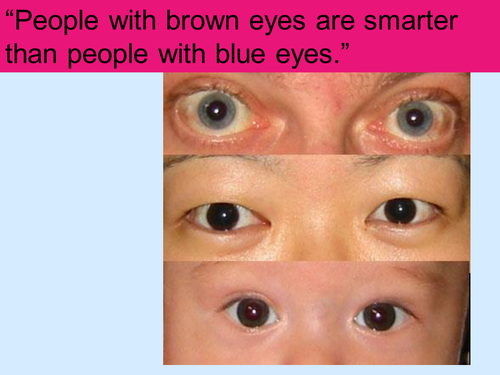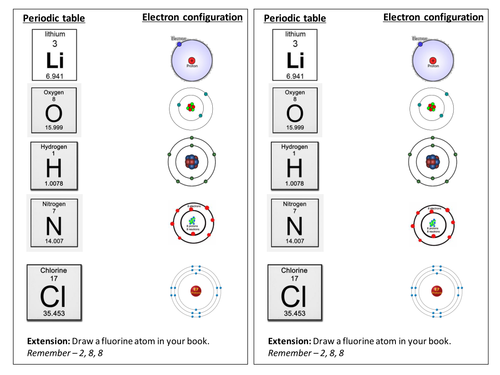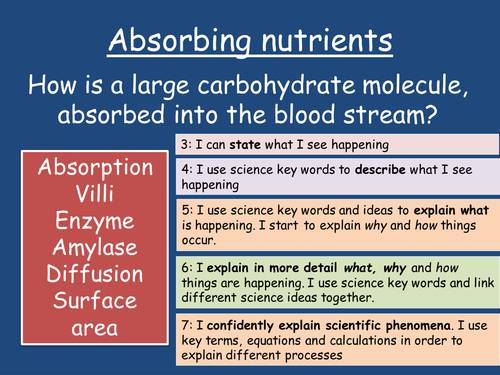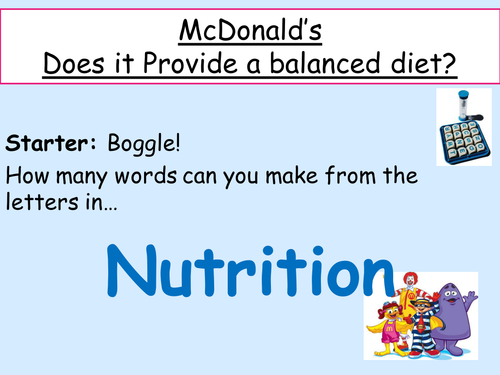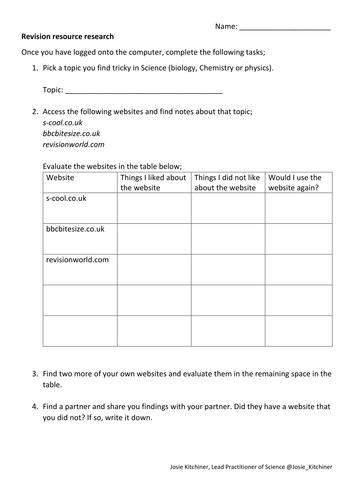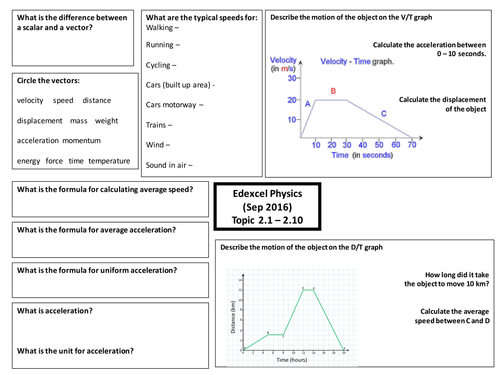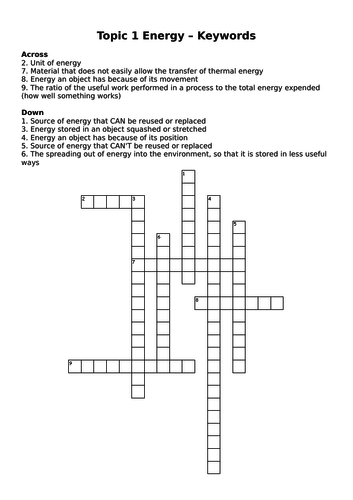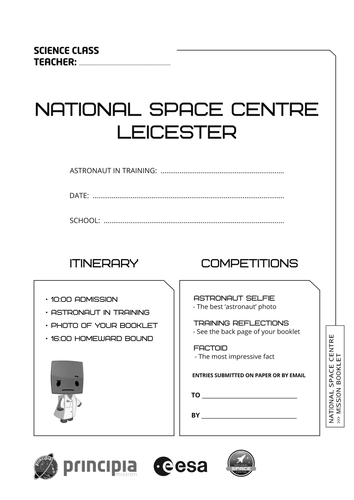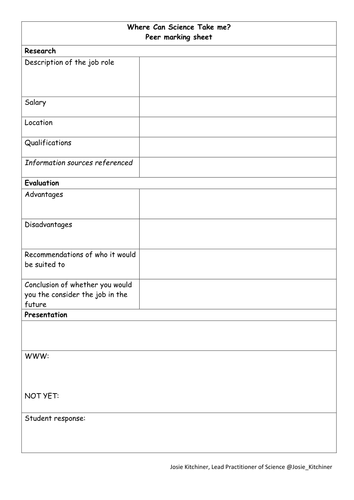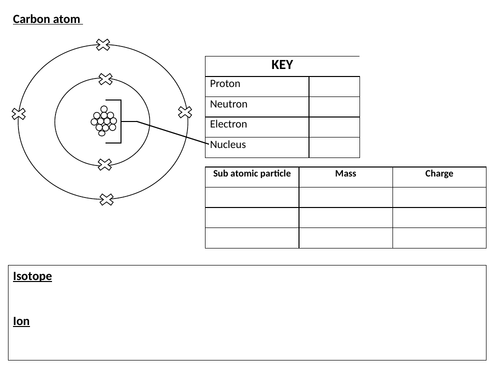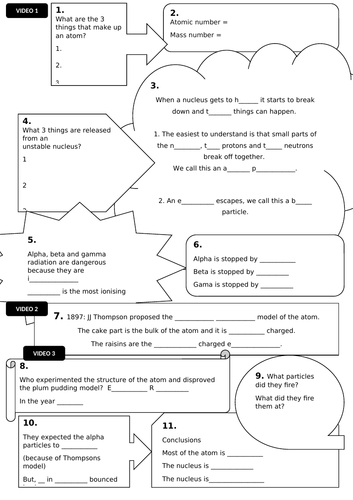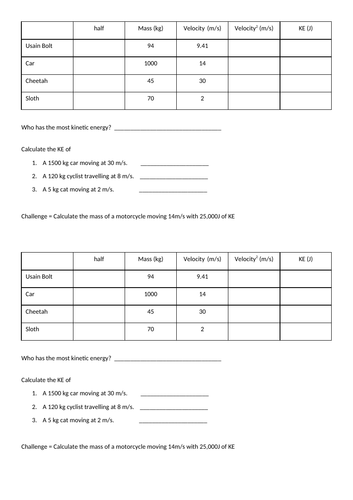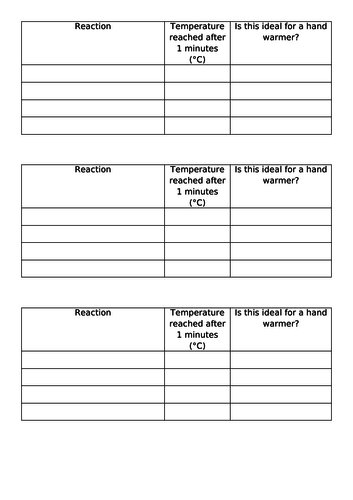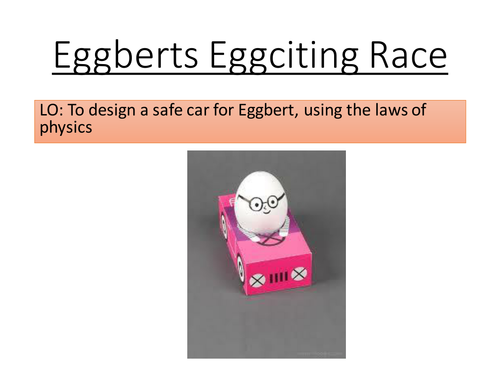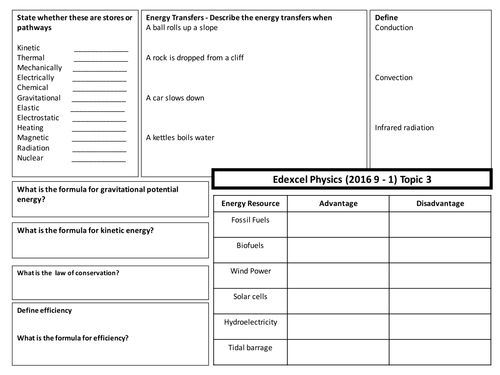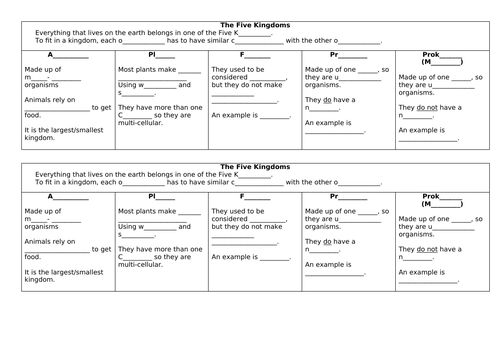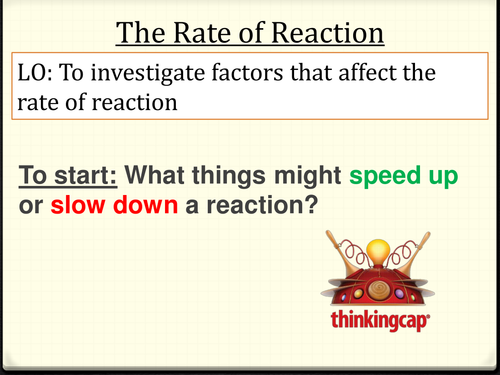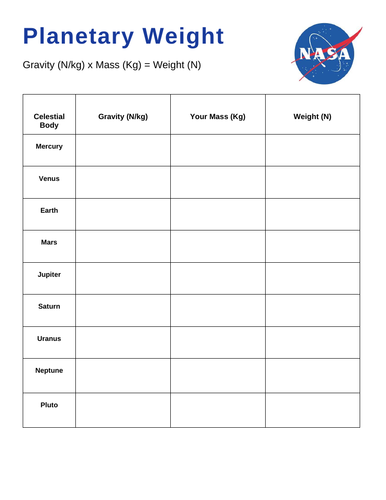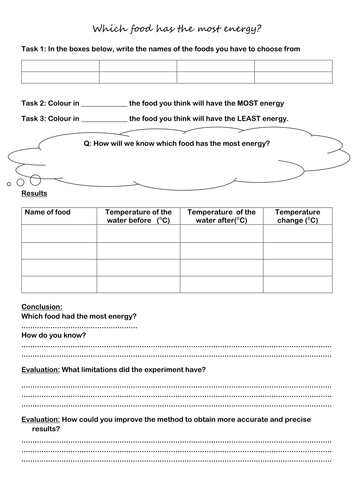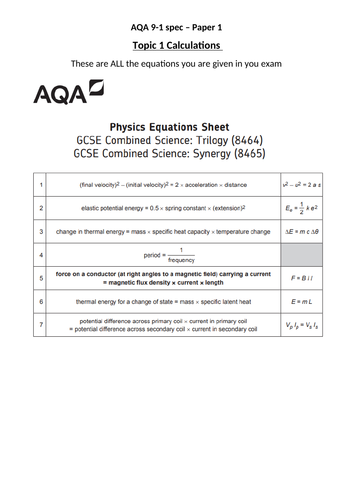
42Uploads
93k+Views
80k+Downloads
All resources

Investigate - How can we find out if a claim is true
Encourages pupils to consider the reliability of information, and not to just take headlines as fact. Many young people 'share' stories on Facebook and Twitter, without considering the source of information and the reliability of the research.
After discussion, pupils design their own investigation to test if a claim is true.

Elements and Electron configuration match up
Elements and Electron configuration match up
A match up activity for lower ability groups - match the element to its electron configuration. PP Answers provided to display to the class.

Enzymes and Absorption - Carbohydrate breakdown assessed question
Pupils use keywords to describe and explain how a large carbohydrate molecule is absorbed. They then use the pupil-friendly mark scheme to self or peer assess. 11 marks for Scientific content and 4 marks for spelling and grammar.

Balanced Diet - Food tests on McDonald's
After teaching a lesson on the 7 food groups, students use food tests to conclude whether or not McDonald's provides a balanced diet. I buy a big Mac to test. Then watch a short clip on the Supersize documentary and analyse the symptoms of a high fat/high sugar diet; physical and mental. There is also opportunity to evaluate the food tests as methods of identifying nutritional content.
I would recommend setting up the food tests as a circus of activities. I have two circuses on the go, so 8 stations. However, this would depend on your lab layout and your class.

Science revision website evaluation
Provides pupils an opportunity to review the various GCSE revision websites available and conclude which is most suitable for them.

Forces and Motion topic 2.01 - 2.10 revision broadsheet (Edexcel 9-1)
Forces and Motion topic 2.01 - 2.10 revision broadsheet (Edexcel 9-1)
With answers

National Space Centre Mission Booklet
I created a workbook for our Year 7's trip to the National Space Centre in June 2016. As teachers, we found the workbook encouraged pupils to read and absorb the exhibits, rather than just pushing buttons.
I emailed the resource to the NSC, to request their permission to share the resource on TES (as I had added photos of the NSC and a copy of their map). The NSC kindly adapted the booklet to make it look a little more professional and updated questions on exhibits that have changed.
The Space Centre is a fantastic day out, I would thoroughly recommend it. The planetarium is well worth a visit.

Science Careers - Where Can Science Take me?
A research task for pupils to find out more about potential Science careers. Includes a peer marking sheet and a teacher assessment sheet.

Atomic Structure - Support sheet
A template/writing frame to use for teaching atomic structure, to support students with note taking.

Atomic Structure and Radioactivity Revision (Lower Ability)
Students watch 3 short videos (links at the end of the document) answering the questions on the first sheet as they watch. Then, they can use their notes and what they have watched to complete the grids on the second sheet.
The word search can be used as a settling starter.
This is aimed at students who struggle with Scientific concepts and lack concentration during revision.

Christmas Science
A selection of Christmas themed Science lessons, including designing and testing hand warmers for Santa and turning pennies into gold.
Most of these resources are my own, some ideas and resources have been borrowed from others. However, I have pooled resources to make a bank of Christmas themed science lessons, so science can be taught right up until the end of term.

Car Safety activity - Design a car for Eggbert
Pupils can apply ideas of car safety, to their own car design. They test their design down a ramp, into a wall, using an egg as a test dummy.
Self assessment sheet provided.

Energy Stores and Pathways, Energy resources - Knowledge organiser - Edexcel 9 -1 Physics
Knowledge organiser for Edexcel 9 -1 Physics, Topic 3
Answers provided, both in a format to print or to display

KS2 Classification - Kingdoms
A lesson on how Linnaeus developed Aristotle’s classification system, naming kingdoms and dividing the anaimal kingdoms into sub groups.
There is a Google slide version of the PP here, please make your own copy.
https://docs.google.com/presentation/d/1qI07691LDhiSmX5MdtJOI9z4qYMn5rZAYO6V9we_gPg/edit?usp=sharing
I am a secondary trained Physics teacher, but have been asked to teach KS2 Biology this year. I have found it quite a challenge! I hope this can support someone who is feeling as overwhelmed as I was.

Investigation skills - Rates of Reaction with Rhubarb
Students investigate how surface area affect rates of reaction, with rhubarb

Weight and Mass - Planetary Weight
Useful when teaching the difference between weight and mass. Pupils should illicit the idea that if they were to visit another planet, their mass would stay the same but their weight would change as a result of gravity.
Older or more able groups I ask to research the gravitational field strength. Younger or less able groups I send of a tour of the solar system. Put out the planets and ask them to find the gravity.
Unit for gravity is given as N/kg you may wish to change in to m/s/s depending on group and syllabus.

Energy from food - Burning food writing frame
A writing frame for students who have difficulty setting out an investigation, or keeping up with written work during an investigation.
Investigation - Which food provides the most energy? Burning food to heat water

Energy Calculations (AQA 9-1 Topic 1)
A worksheet for pupils to practice recalling and using equations. Best used at the end of the topic when all the content has been taught, as all equations from the topic are required.
Starts by recalling units and equations, then asks pupils to apply them to exam style calculation questions. The calculations increase in difficulty down the sheet and are asked at random as they would be in an exam, rather than just repeating one calculation
Answers are provided.

